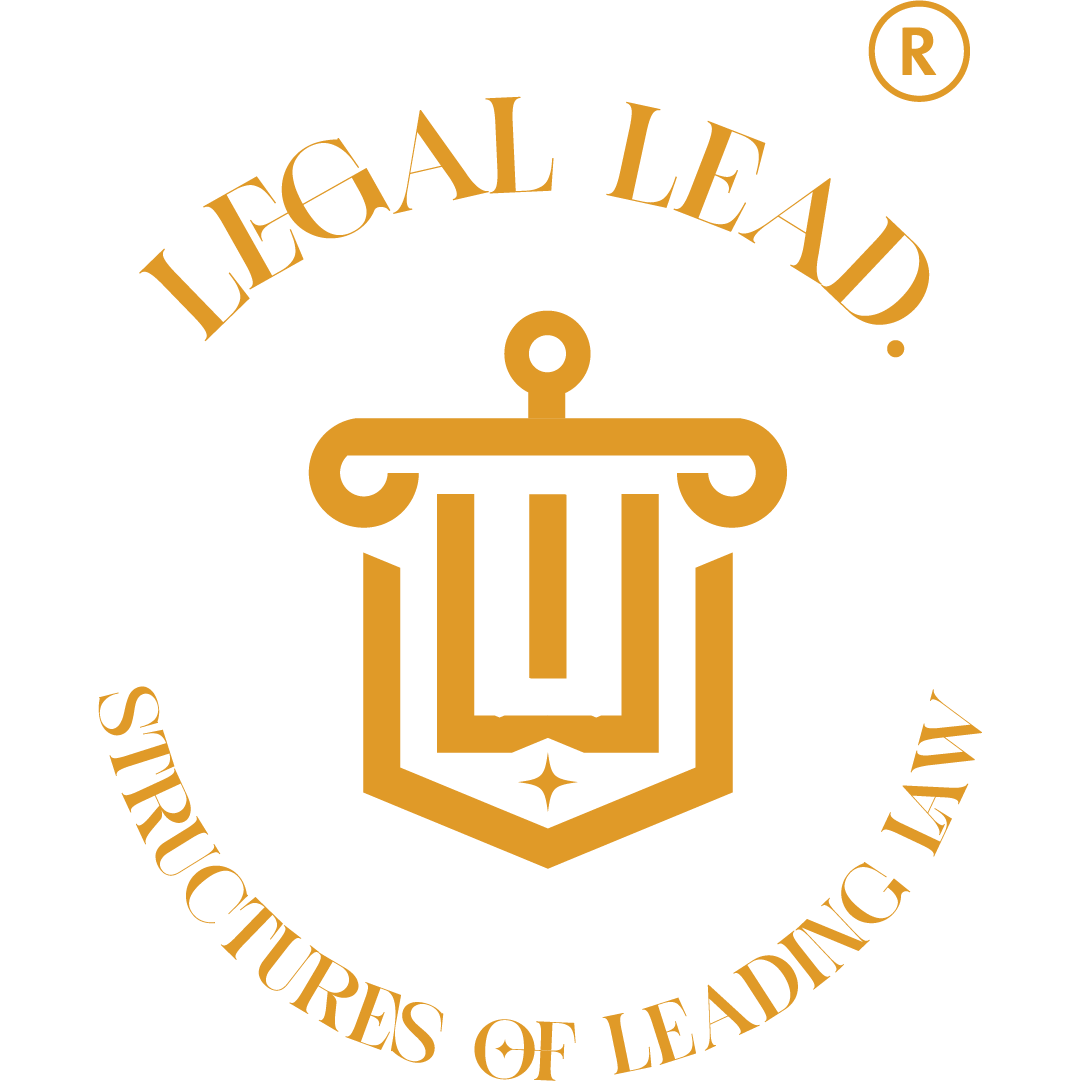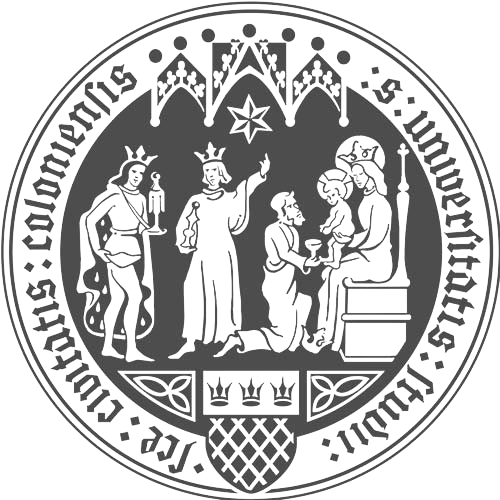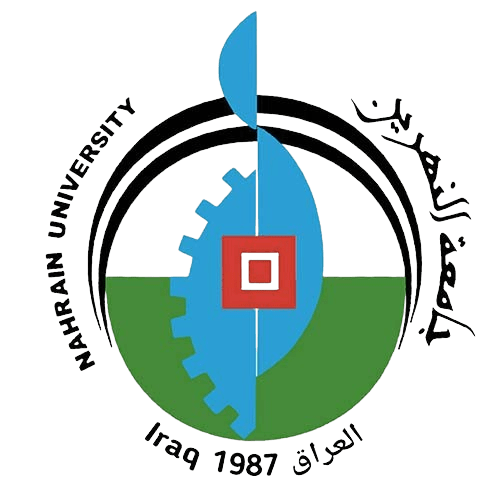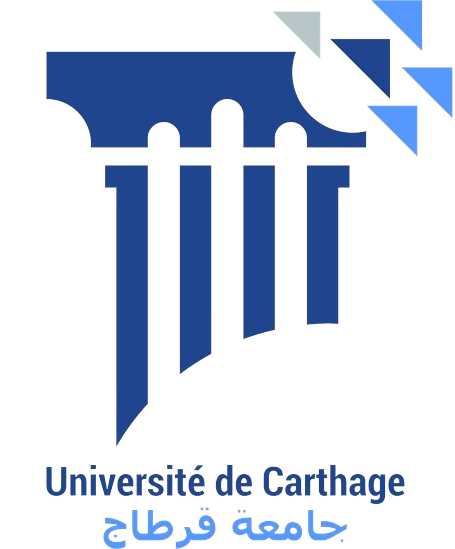Women’s Empowerment
About Us
About Us
Female Empowerment refers to the process of granting women the tools, opportunities, and resources necessary to enhance their abilities and influence in various spheres of life. This involves addressing gender-based inequalities and discrimination to create an environment where women can actively participate and thrive. Empowering females encompasses not only economic and educational aspects but also involves fostering a sense of self-worth, agency, and confidence. It recognizes the unique challenges faced by women and seeks to dismantle barriers that limit their potential, enabling them to contribute meaningfully to social, economic, and political development.
Women's Empowerment is a broader concept that encompasses the collective empowerment of women as a group. It involves enhancing the overall status, rights, and well-being of women in society. This includes addressing systemic issues such as unequal access to education, healthcare, and employment opportunities. Women's Empowerment seeks to dismantle patriarchal norms and structures that perpetuate gender disparities. By fostering a supportive and inclusive environment, it aims to amplify women's voices, promote gender equality, and create conditions where women can exercise their rights and choices freely.
Many studies have shown that empowering women has a profound impact on community development, as women often play central roles in families and communities. Female and Women's Empowerment are particularly crucial due to overcoming socio-economic challenges. By investing in female education and economic opportunities, societies can stimulate economic growth and development. Furthermore, empowering women fosters social resilience and stability, contributing to the overall progress and sustainability of these societies. Embracing gender empowerment is not just a matter of equality; it is an essential catalyst for positive and lasting societal change.
Non-Governmental Organizations (NGOs) play a pivotal role in advancing the cause of female empowerment and women's empowerment by championing the rights of women and addressing the multifaceted challenges they face. These organizations serve as catalysts for change, working tirelessly to dismantle barriers and create environments where women can exercise their rights freely. Through initiatives focused on education, healthcare, economic opportunities, and advocacy, NGOs contribute to the holistic development of women, fostering both individual female empowerment and collective women's empowerment. By collaborating with communities, governments, and other stakeholders, NGOs have the capacity to challenge discriminatory norms and practices, promote gender equality, and provide essential support systems for women striving to assert their rights. In the global pursuit of female and women's empowerment, the work of NGOs is indispensable, acting as a driving force to break down systemic barriers and create a more inclusive, equitable, and empowered world for women.
Legal empowerment is crucial for women, particularly in societies where gender biases and discrimination are prevalent. Women often face unique challenges in areas like property rights, employment, family law, and personal safety. The LegalLead project and law clinics help address these issues by providing women with the necessary tools and knowledge to advocate for themselves.
The collaboration between Non-Governmental Organizations (NGOs) and law schools at universities holds immense potential for advancing the cause of female empowerment and women's rights. The synergy between these entities can provide NGOs with valuable legal expertise and advice, enabling them to navigate complex legal landscapes and address challenges related to gender inequality. Law schools, with their faculty and student body, can offer NGOs access to up-to-date legal research, analysis, and interpretation of laws pertinent to female empowerment. This cooperation not only enhances the legal literacy of NGOs but also facilitates a deeper understanding of the nuanced legal aspects affecting women's rights. Additionally, law schools can engage in capacity-building initiatives, empowering NGOs to navigate legal processes more effectively. The result is a symbiotic relationship where NGOs benefit from the legal acumen of academia, while law schools contribute meaningfully to the practical application of legal principles, collectively contributing to the advancement of female empowerment and the realization of women's rights.
Legal Education: This project offers workshops, seminars, and resources to educate women about their legal rights. This knowledge is power – it enables women to understand and assert their rights in various aspects of life, from the workplace to the home.
Advocacy and Policy Change: LegalLead and law clinics engage in advocacy work, striving to change policies and laws that are discriminatory or harmful to women.
The Legal Lead project seeks to support Law Clinics on Women’s Empowerment as well as the creation of transfer networks into society. We are especially strengthening the network between NGOs and the Law Clinics at the universities of Al-Nahrain, Cartage and Cologne. All partners are already closely working together with NGOs ( see our network ). In Bagdad, the Strategic Center for Human Rights maintains a program to support female parliamentarians in their election campaigns. Furthermore, it provides policy advice for decision makers, e.g. on the field of domestic violence. In Tunis, the Advocates Sans Frontiers, as well as the Association Aswat Nissa are supporting women by providing legal advice. The LegalLead project supports this network by building links between NGOs and the law clinics. PhDs and students have the opportunity to apply for a scholarship with a research project designed together with an NGO partner. The NGO can therefore gain useful theoretical inputs for their everyday work (e.g. improving legal advice or policy recommendations). Students can gain experiences in how to apply their knowledge in meaningful projects.




University of Cologne
Albertus Magnus Platz
50923 Cologne
Tel.: +49 221 470 7437
info@legallead-mena.com
